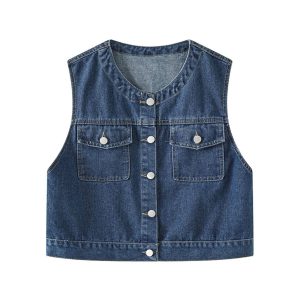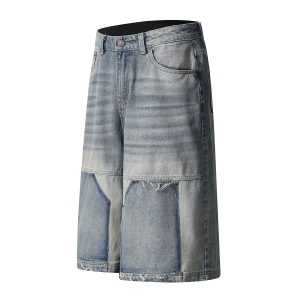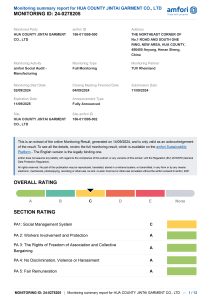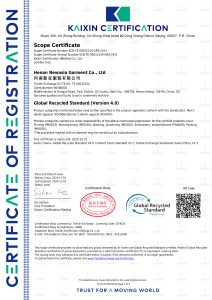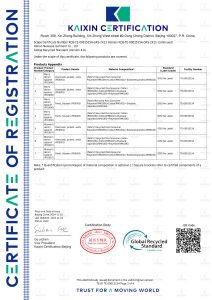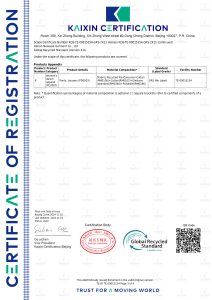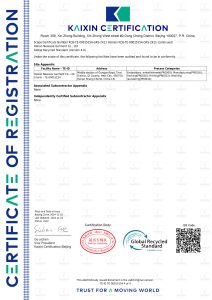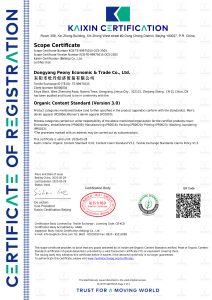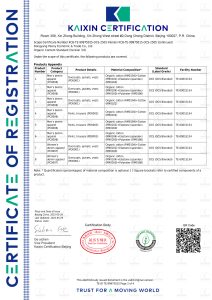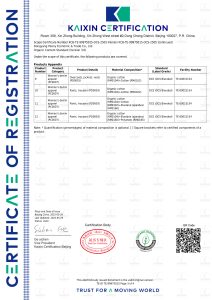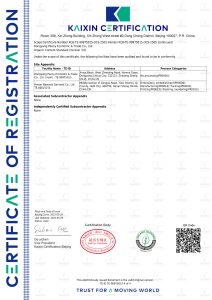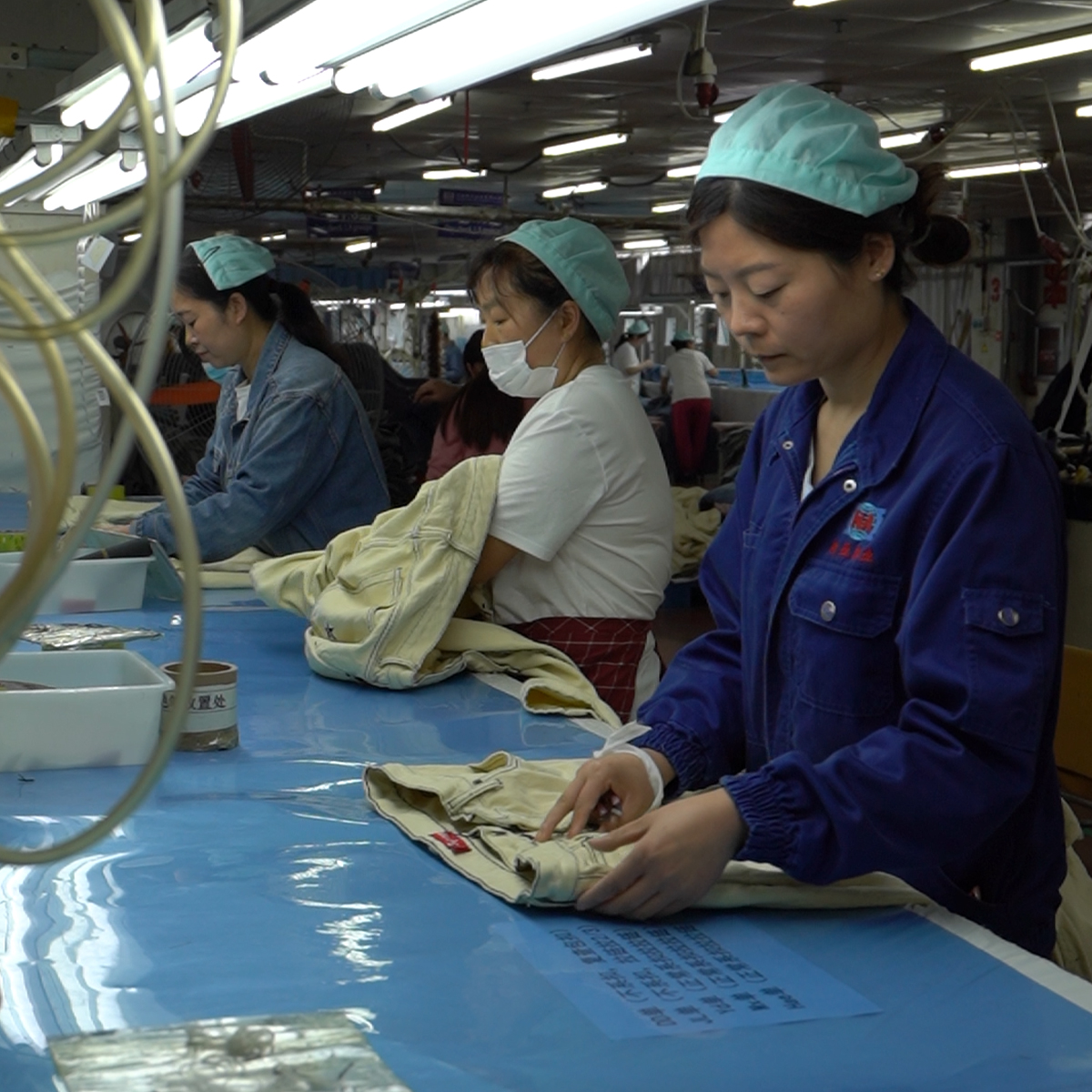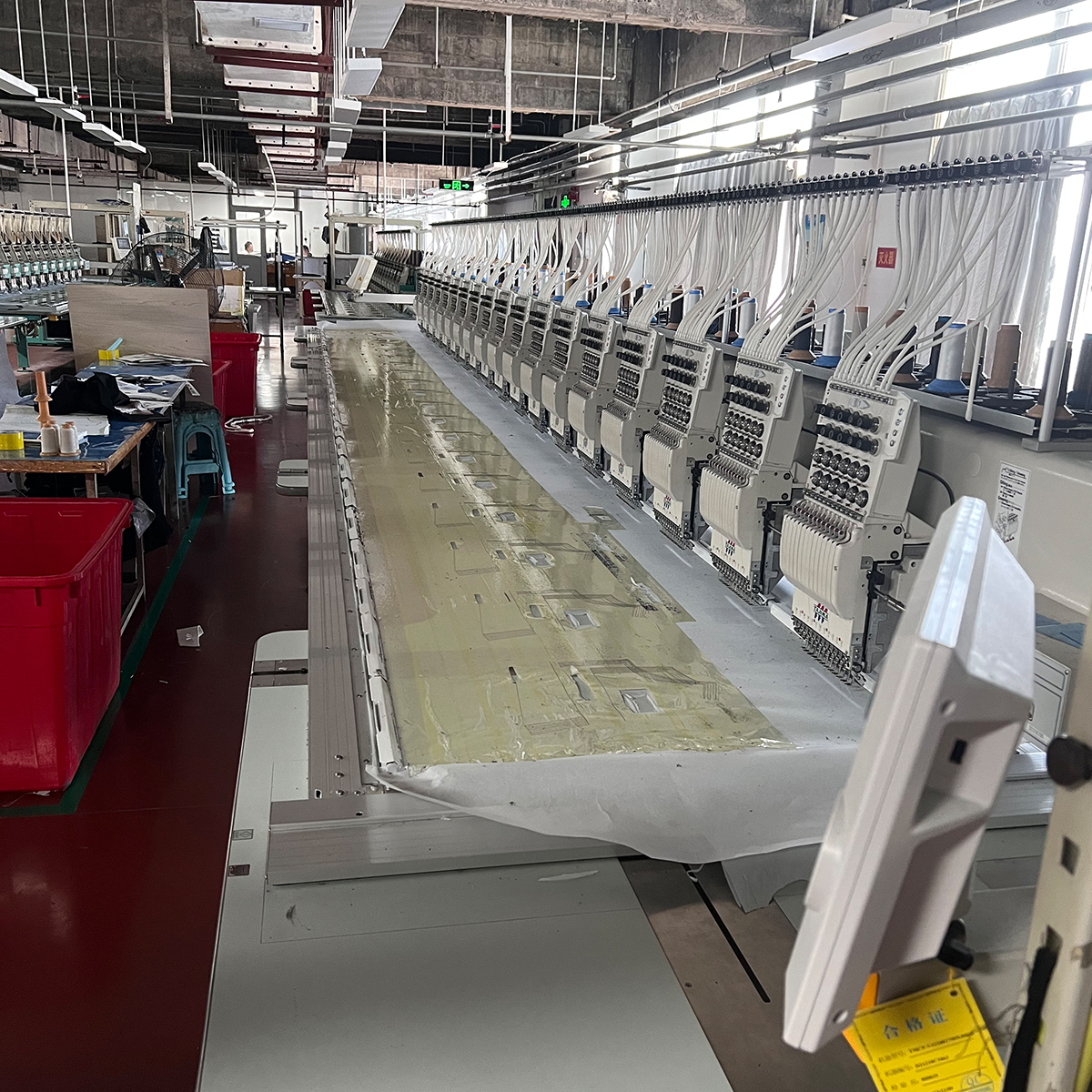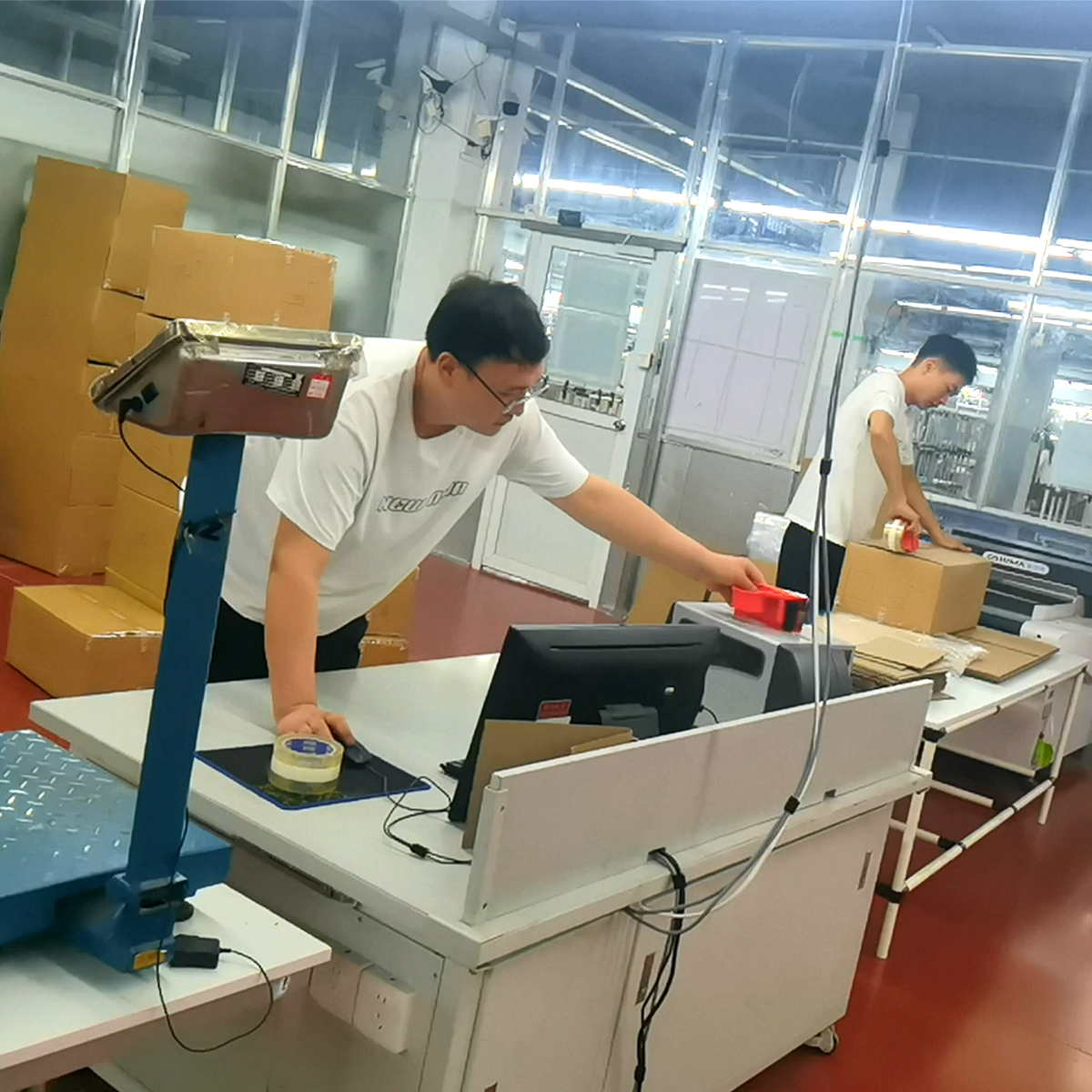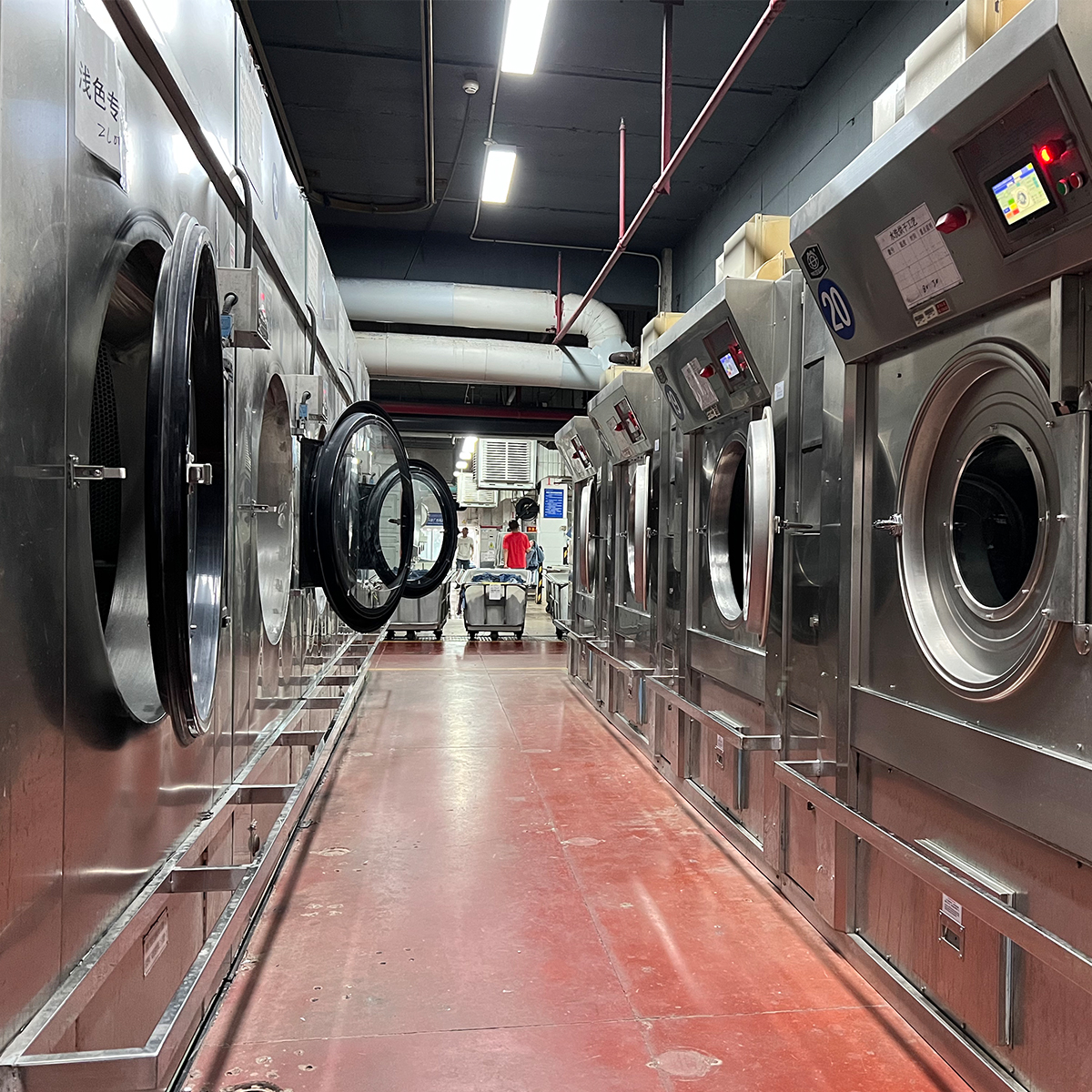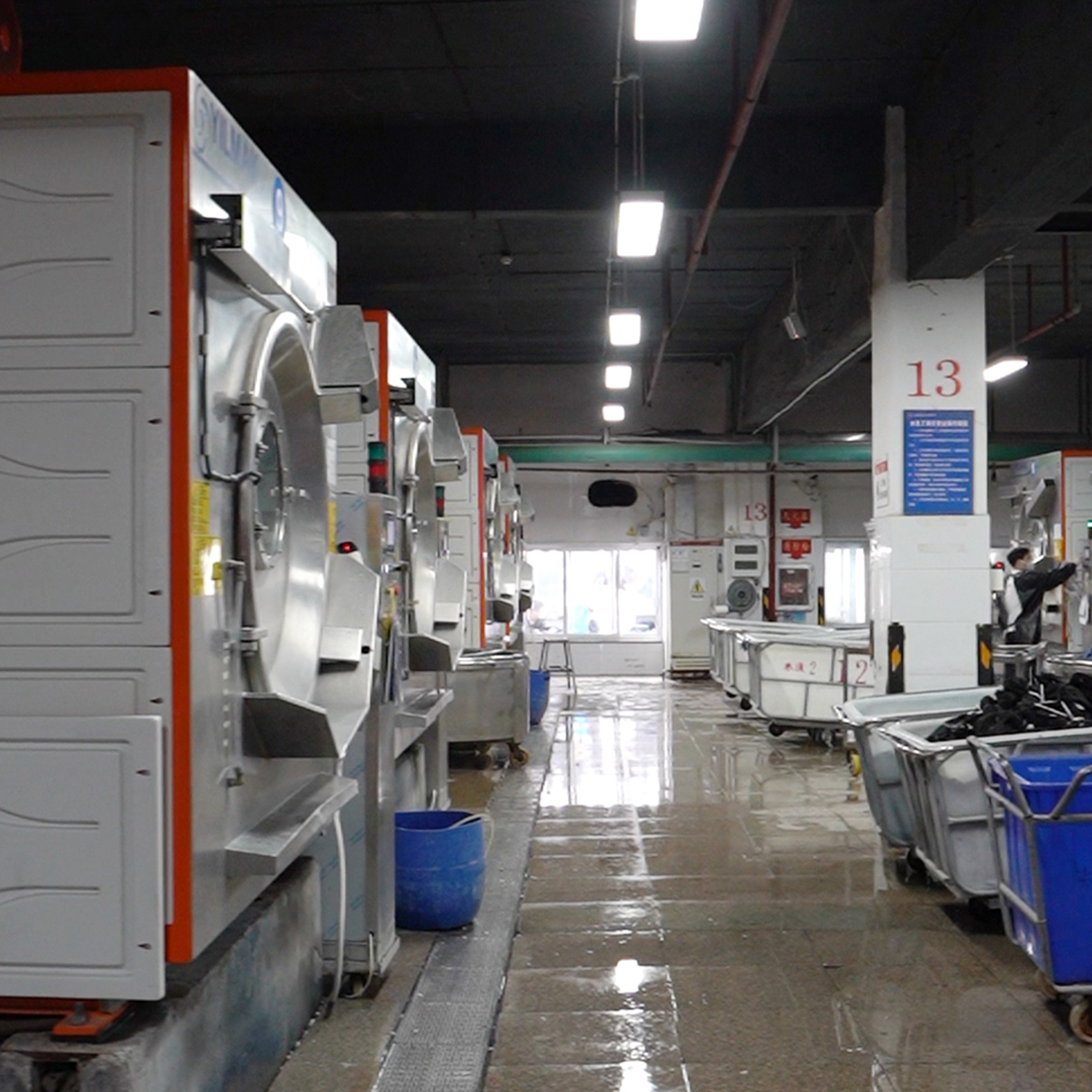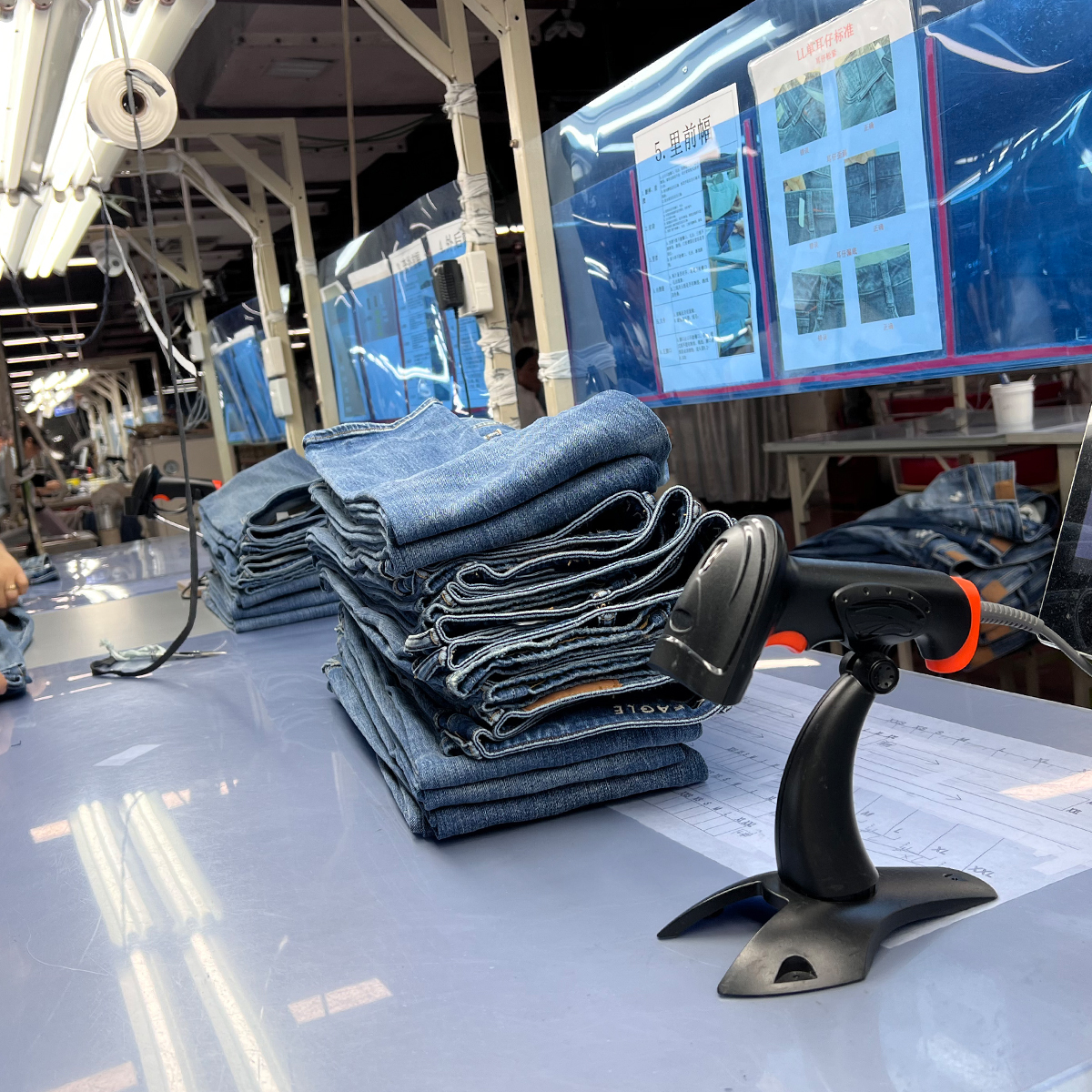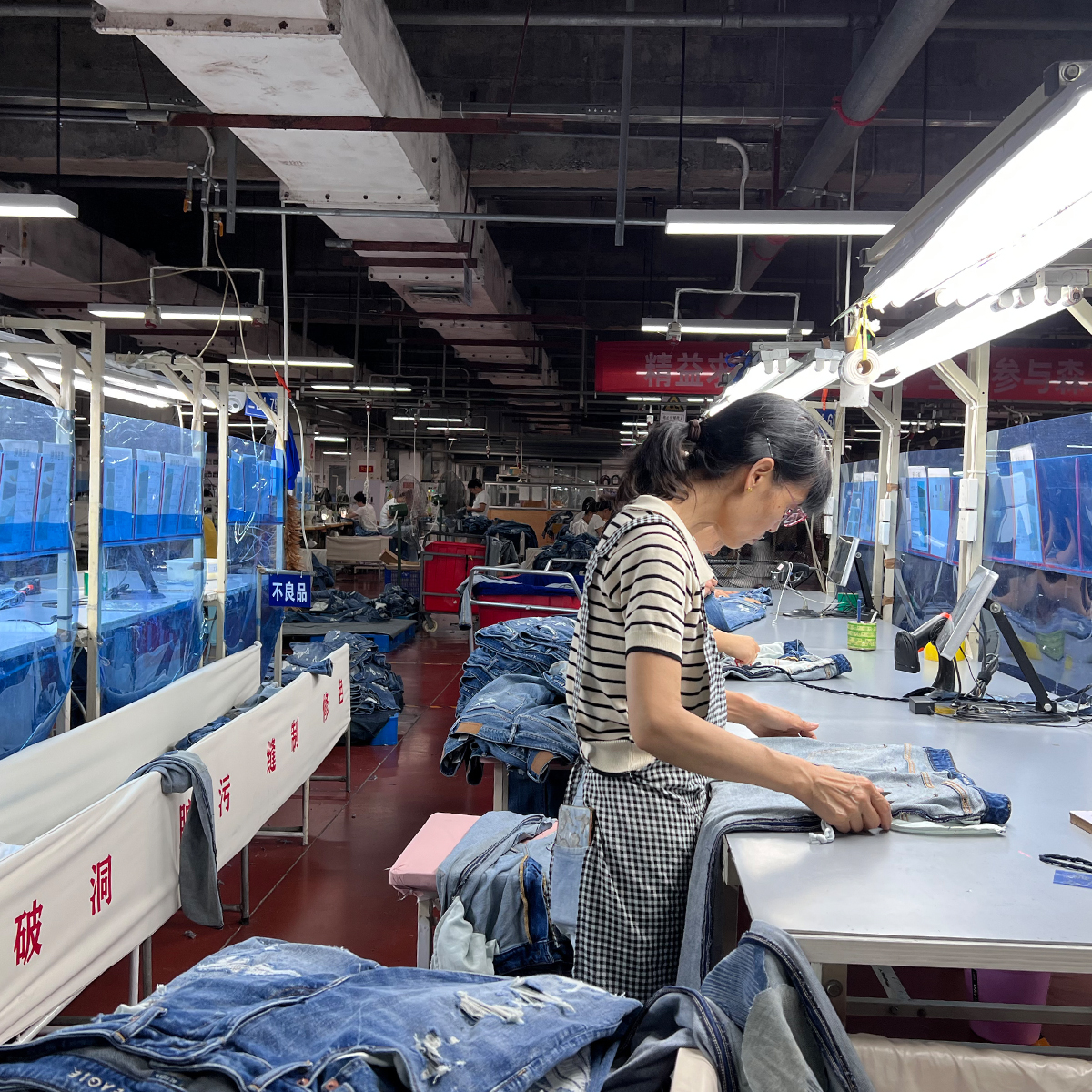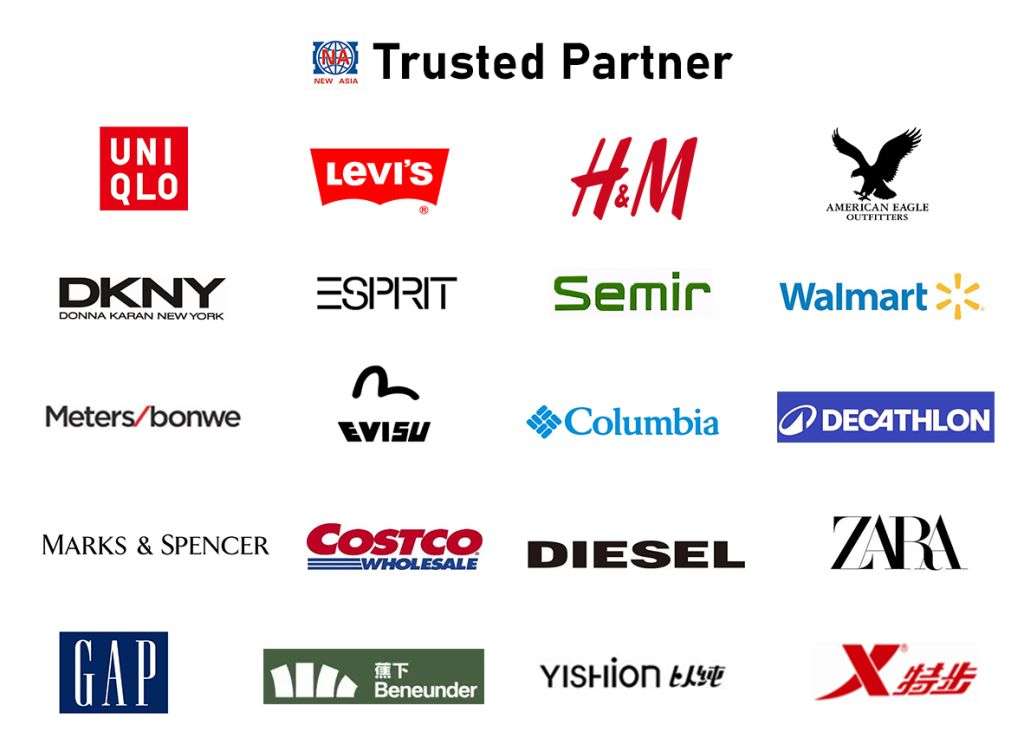Jeans have long been a staple in wardrobes across the globe, symbolizing comfort and versatility. But behind this ubiquitous garment lies an often-overlooked aspect: the tags that define the craftsmanship, quality, and branding of the denim. As environmental consciousness grows, the role of jeans tag manufacturers is evolving in significant ways. This blog post explores the pivotal role these manufacturers play and how their innovations shape the denim industry.
The Importance of Jean Tags
Jean tags serve several essential purposes that extend beyond mere labeling. They act as a branding vehicle, providing consumers with information about the jeans’ origin, materials, and care instructions. Moreover, tags can offer insights into the manufacturing process, including ethical and sustainable practices. In an age where consumers are increasingly aware of where their clothing comes from, these tags can influence purchasing decisions, showcasing a brand’s commitment to quality and responsibility.
Shifting Towards Sustainability
With the rising demand for eco-friendly products, jeans tag manufacturers are adapting their strategies to incorporate sustainability into their designs. Traditional paper tags are being replaced with fabric tags made from recycled materials, vastly reducing environmental impact. Some innovative manufacturers even utilize biodegradable materials that decompose without harming the environment.
Case Study: Eco-Tag Innovations
A prime example of sustainability in action is the introduction of the ‘Eco-Tag’ by leading jeans tag manufacturers. This initiative not only emphasizes the importance of recycling but also educates consumers about the journey their jeans undertake, enhancing customer engagement and brand loyalty. By employing digital tags that can track and share the production journey through QR codes, brands can provide a transparent and interactive experience for consumers.
Embracing Technology in Jean Tag Manufacturing
Technology plays a crucial role in modern jeans tag manufacturing. From printing techniques that reduce waste to advanced RFID (Radio Frequency Identification) tags, the industry is witnessing a technological renaissance. RFID tags enhance inventory management and help reduce losses, leading to improved supply chain efficiency. Furthermore, through digital tags, manufacturers can update the information on the tag dynamically without needing to produce new ones, thereby minimizing waste.
Smart Tags: A Game Changer
The integration of smart technology is revolutionizing jeans tags. Smart tags can enhance customer experience by providing additional product information, styling tips, or even connecting consumers to the brand’s social media platforms. These tags can collect user data that, when analyzed, can offer insights into consumer behavior and trends, guiding brands to tailor their products more effectively.
A Closer Look at Ethical Manufacturing Practices
As consumers become increasingly vocal about their desires for ethically made products, jeans tag manufacturers are taking a step forward. Many are now collaborating closely with apparel producers to ensure that every aspect of the jeans production process adheres to ethical standards. Some manufacturers are introducing tags that proudly display certifications related to fair labor practices, sustainable sourcing, and environmental impact.
The Role of Certifications
Certifications such as Global Organic Textile Standard (GOTS) and Fair Trade mark can be prominently displayed on tags. These certifications communicate a brand’s commitment to ethical practices, generating trust and loyalty among consumers. By prioritizing transparency, jeans tag manufacturers not only enhance their brand’s reputation but also contribute to a more ethical fashion industry on a broader scale.
The Evolution of Aesthetic Design
Aesthetics plays a vital role in the fashion world. Manufacturers are now paying close attention to the design of jeans tags, ensuring they resonate with the brand’s identity. Luxurious textures, bold colors, and trendy typography are now paired with informative content to create tags that are as much a style statement as they are informational.
Minimalism Meets Functionality
Many brands are opting for minimalist designs that harmoniously blend with the jeans, offering an elegant touch without overwhelming the overall aesthetic of the garment. This approach creates a seamless shopping experience, allowing consumers to focus on the jeans while still receiving essential information through a stylish tag.
Building Stronger Brand-Customer Relationships
The role of jeans tag manufacturers extends beyond production; they are pivotal in fostering stronger relationships between brands and their customers. Innovative tags provide avenues for feedback, encouraging consumers to share their experiences online. Engaging customers with personalized content or exclusive offers through tag-based strategies can enhance loyalty and create a community around a brand.
Interactive Experiences with QR Codes
Many brands are leveraging technology through QR codes that link to exclusive content, product stories, or social media campaigns. This interactive layer not only enriches the customer experience but also provides valuable data for brands to understand their audience better. It creates a cycle of engagement where consumers feel valued and brands gain insights to improve product offerings.
Navigating Challenges Ahead
Despite the advancements in jeans tag manufacturing, the industry faces several challenges. The ongoing quest for sustainability means manufacturers must continually innovate and face the balancing act between cost and eco-friendliness. However, as consumer awareness and demand for responsible products rise, those manufacturers that can adapt quickly to changing sentiments will thrive in the competitive market.
Future Trends to Watch
Looking forward, anticipate a surge in the use of fabric tags that promote sustainability further. As the technology for producing tags evolves, we may see innovations such as embedded sensors that can monitor fabric quality over time or automated reorder systems that simplify the shopping experience.
In conclusion, the role of jeans tag manufacturers is expanding beyond traditional manufacturing; they are becoming essential players in a rapidly evolving fashion landscape. They hold the potential to transform how brands communicate their values, engage with consumers, and champion sustainable practices. As the denim industry evolves, so too will the innovations stemming from these behind-the-scenes heroes.



